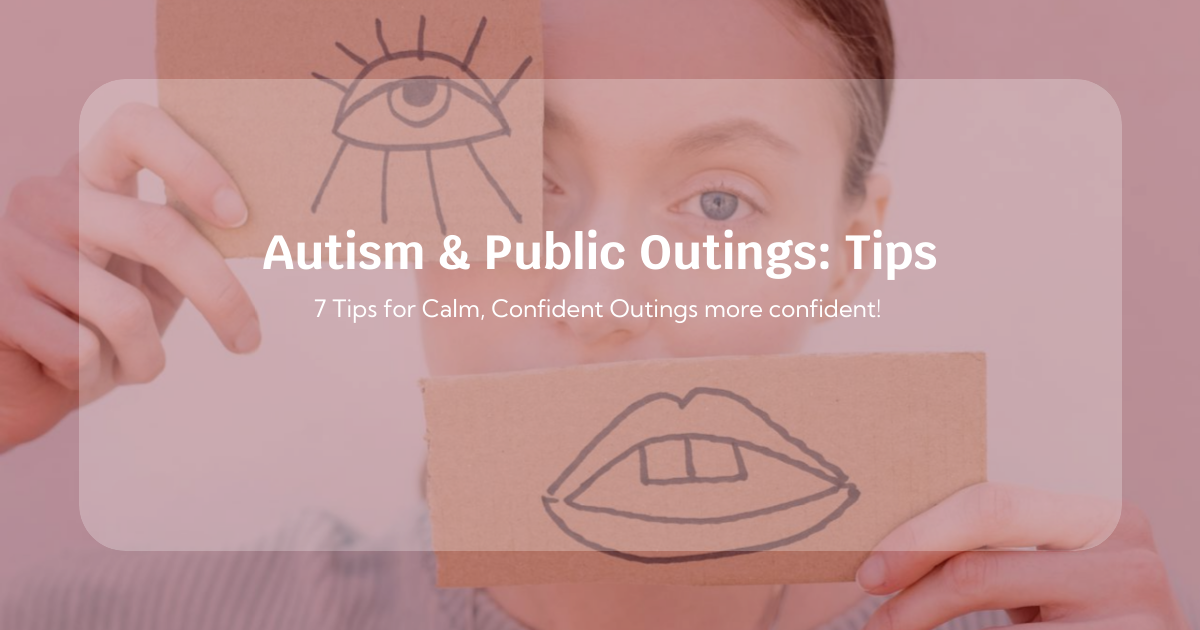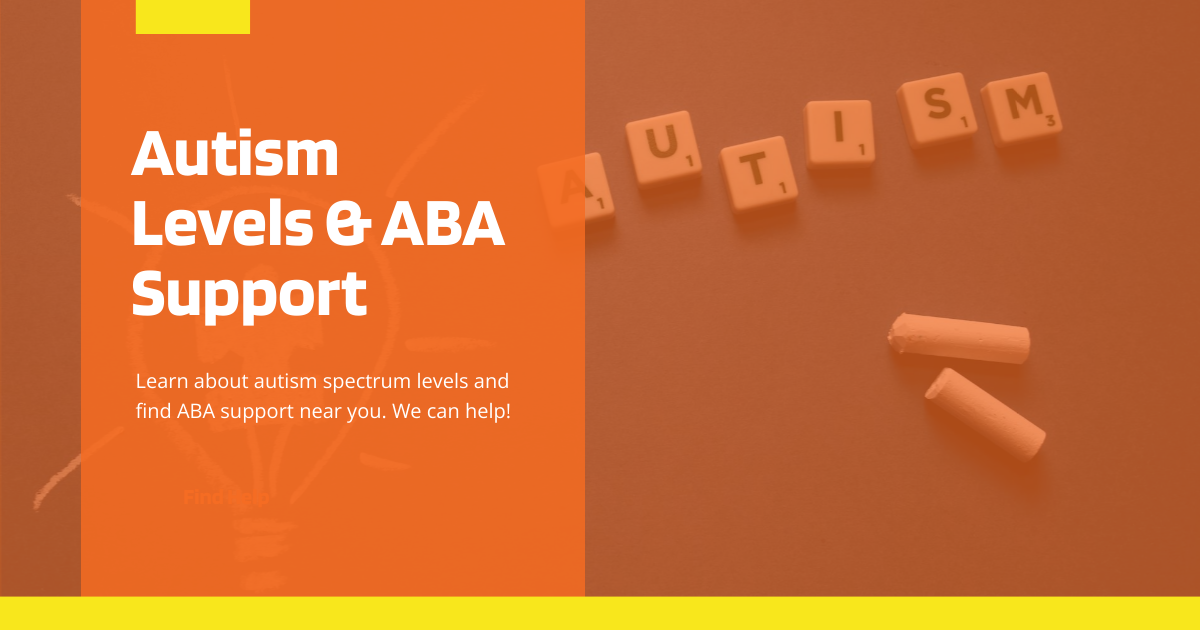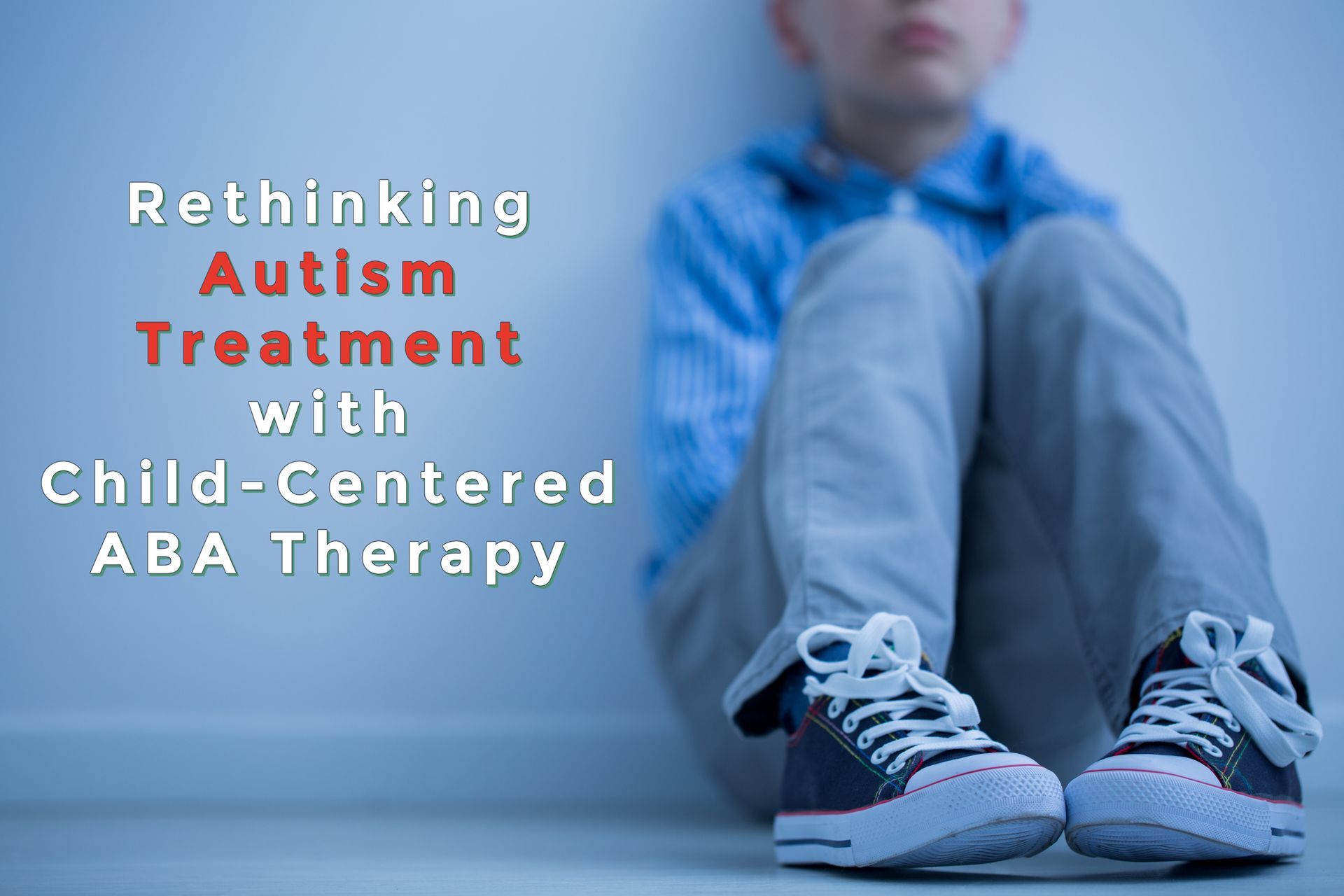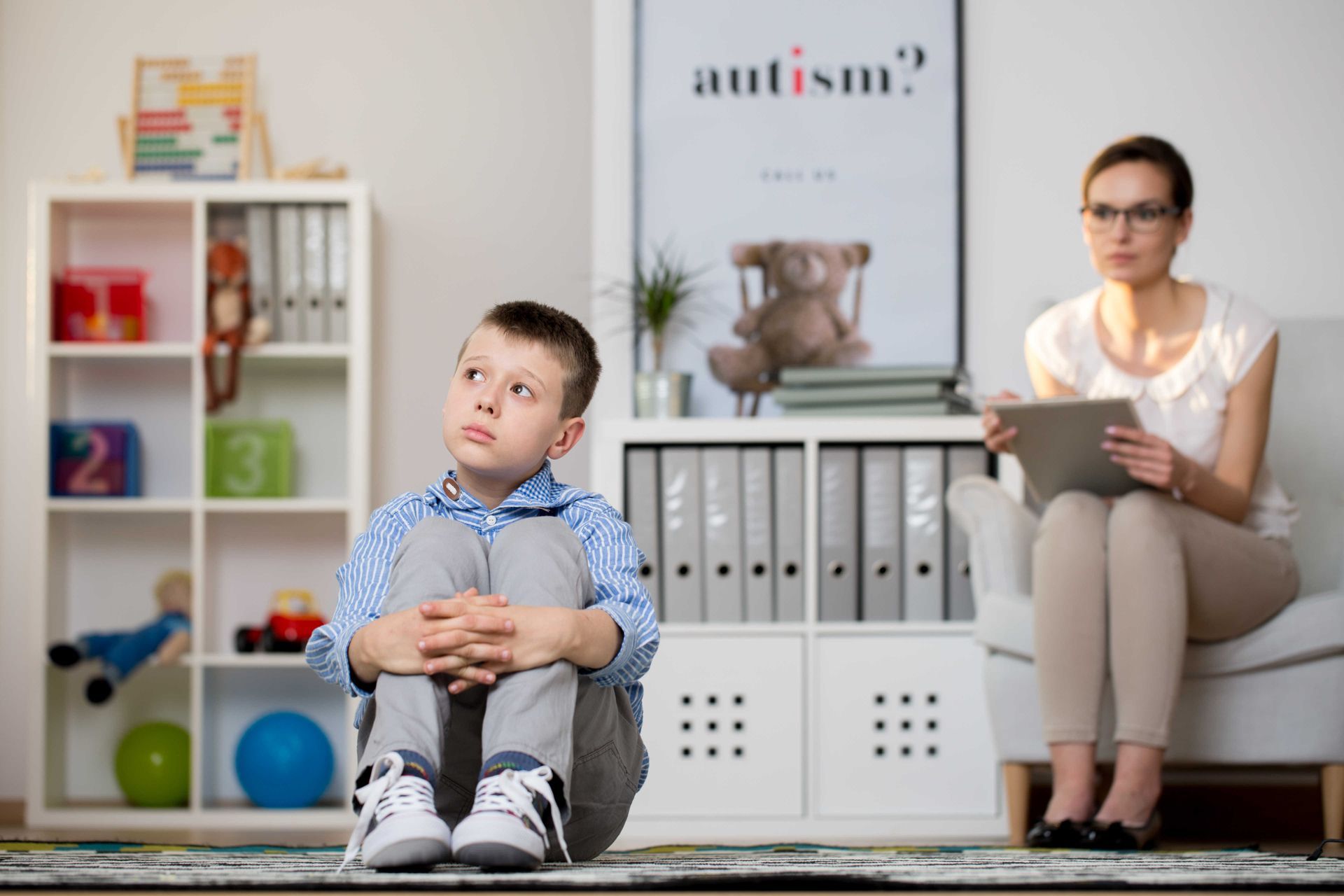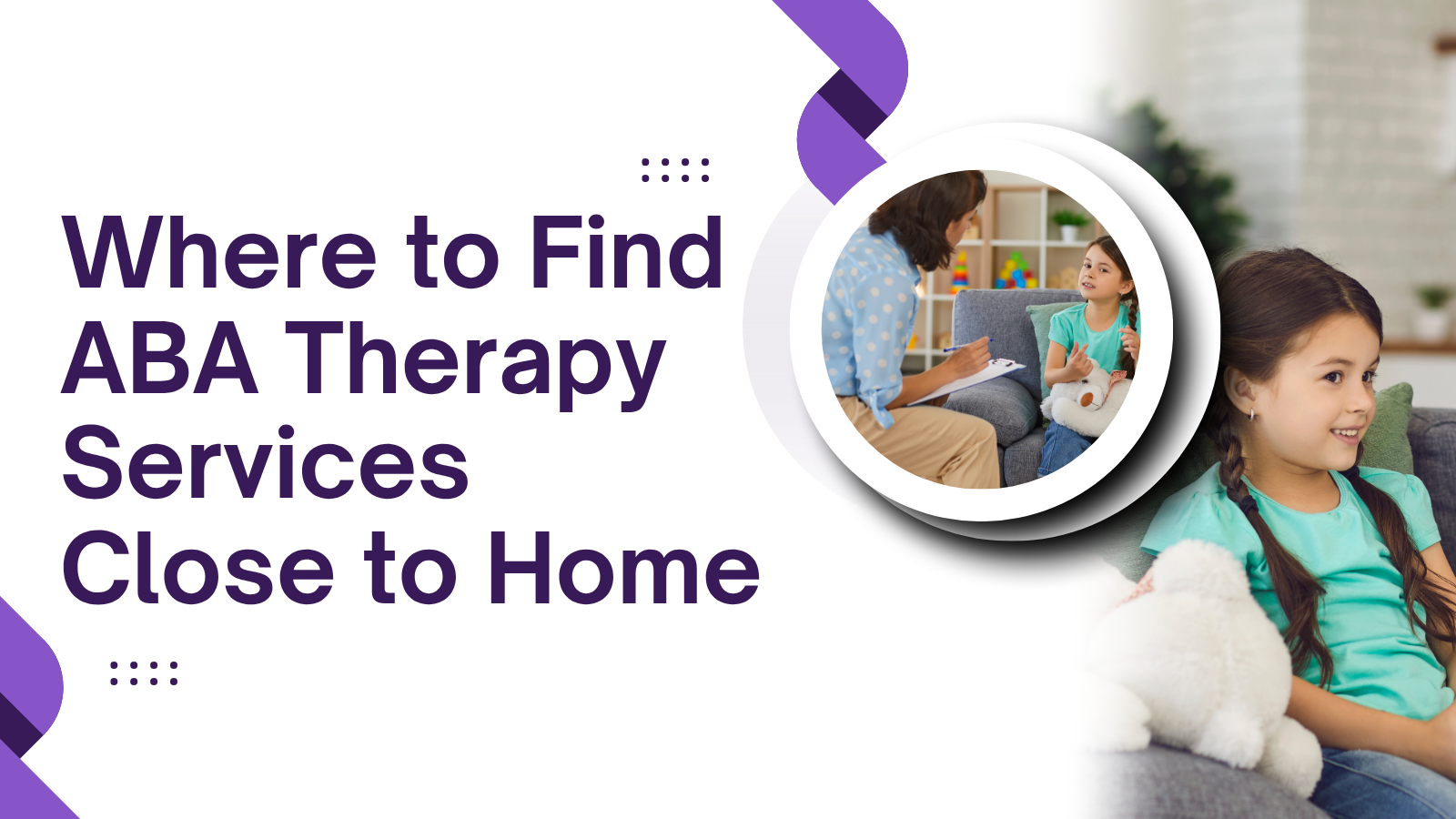Marijuana to Treat Autism? Some Parents Say Yes
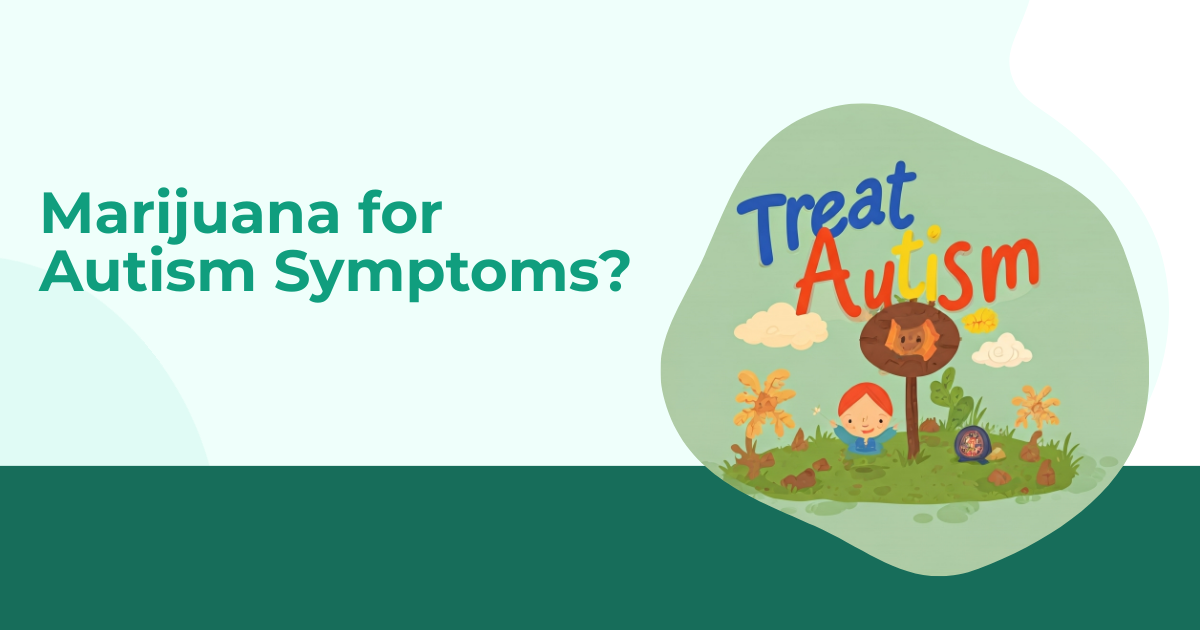
In recent years, a growing number of parents have turned to medical cannabis as a potential treatment for children with autism. Despite limited scientific backing and caution from mainstream medical organizations, some families report positive outcomes. This article explores the experiences of these families, the perspectives of medical professionals, and the ongoing debate surrounding the use of marijuana to treat autism.
The Rise of Medical Cannabis Use Among Families
As access to marijuana becomes more widespread, particularly in states where it is legalized for medical use, parents of children with autism are increasingly considering it as a treatment option. Many families, facing challenges in managing symptoms such as aggression, self-harm, and sleep disturbances, have sought alternative therapies when traditional approaches have yielded limited results.
One notable example is the case of 11-year-old Jaiden Gaut, whose parents turned to medical cannabis after conventional treatments failed to provide relief. Jaiden's mother reported significant improvements in his behavior and overall well-being following the introduction of cannabis into his treatment regimen.
Similarly, 9-year-old Ezkiel's parents observed a reduction in aggressive behaviors and an improvement in sleep patterns after administering medical cannabis. These anecdotal successes have fueled a sense of hope among other families facing similar challenges.
The Science Behind Medical Cannabis and Autism
Medical cannabis primarily contains two active compounds: tetrahydrocannabinol (THC) and cannabidiol (CBD). THC is the psychoactive component responsible for the "high" associated with marijuana, while CBD is non-psychoactive and has been studied for its potential therapeutic effects.
Some researchers and doctors suggest that CBD may show promise as a treatment for autism, particularly in alleviating certain symptoms. However, they remain wary of THC due to its psychoactive properties and potential impact on developing brains. Most CBD products consist of trace amounts of THC, which may reduce the risk of adverse effects.
A study involving boys with severe autism found that eight weeks of CBD treatment led to improvements in repetitive and self-injurious behaviors. While these findings are promising, they are based on a small sample size and lack the rigorous controls of larger clinical trials.
Medical Community's Perspective
Despite anecdotal reports of success, many medical professionals urge caution regarding the use of medical cannabis for treating autism. Organizations such as the American Academy of Child & Adolescent Psychiatry and the Autism Science Foundation have expressed concerns about the lack of sufficient scientific evidence to support its efficacy and safety.
Experts emphasize the need for more research to determine the appropriate dosages, potential side effects, and long-term impacts of cannabis use in children with autism. They also highlight the importance of individualized treatment plans and close monitoring when considering alternative therapies.
The Role of ABA Therapy in Autism Treatment
While some parents explore medical cannabis as a treatment option, others continue to rely on established therapies such as Applied Behavior Analysis (ABA). ABA is an evidence-based approach that focuses on improving specific behaviors and skills through reinforcement strategies.
In Maryland, for instance, families have access to ABA autism therapy Maryland programs that offer personalized interventions tailored to each child's needs. These programs often include in-home ABA therapy sessions, allowing children to receive support in a familiar environment.
ABA therapy has been shown to be effective in enhancing communication, social skills, and daily living activities. It also helps in reducing challenging behaviors, providing families with a structured and supportive framework for addressing the complexities of autism.
Integrating Medical Cannabis with ABA Therapy
Some families have chosen to integrate medical cannabis with traditional therapies like ABA to maximize benefits. The combination approach aims to address both the neurological and behavioral aspects of autism.
For example, a child undergoing ABA therapy may receive medical cannabis to help manage symptoms such as anxiety or aggression, while simultaneously participating in behavioral interventions to develop coping strategies and communication skills.
However, this integrated approach requires careful coordination between healthcare providers, therapists, and families to ensure that treatments complement each other and do not produce adverse effects.
Legal and Ethical Considerations
The use of medical cannabis in children raises several legal and ethical questions. In states where medical marijuana is legal, parents must navigate complex regulations regarding its prescription and administration.
Ethically, the decision to use medical cannabis involves weighing potential benefits against risks. Parents must consider the lack of comprehensive clinical trials and the possibility of side effects when making informed choices about their child's treatment.
Healthcare providers also face ethical dilemmas in recommending or supporting the use of medical cannabis, given the current limitations in scientific evidence and the potential for misuse.
Conclusion
The debate over using marijuana to treat autism underscores the complexities families face in managing the condition. While some parents report positive outcomes with medical cannabis, the medical community remains cautious due to the need for more rigorous research.
Families considering this treatment option should consult with healthcare professionals, including those specializing in ABA applied behavior analysis, to make informed decisions. Additionally, exploring established therapies like ABA can provide a comprehensive approach to supporting children with autism.
Ultimately, the goal is to ensure that children receive safe, effective, and individualized care that enhances their quality of life and supports their development.
Connect us at Able Minds ABA now to move forward with confidence in your journey.
FAQs
What does "marijuana to treat autism" mean?
It refers to the use of medical cannabis products, mainly those containing CBD (cannabidiol), by some parents to manage behavioral and health challenges associated with autism.
Is there strong scientific evidence supporting marijuana to treat autism?
Currently, research is limited and mostly preliminary. While some small studies and parent reports suggest benefits, larger clinical trials are needed to confirm safety and effectiveness.
What symptoms are parents hoping to address with medical cannabis?
Many parents use cannabis to help with symptoms such as aggression, anxiety, sleep difficulties, and self-injurious behaviors.
How does marijuana use relate to ABA applied behavior analysis therapy?
Marijuana or CBD is sometimes used alongside ABA behavior analysis, which is a structured therapy that helps develop communication and social skills. Together, they may complement each other when carefully managed.
Can children receive marijuana treatment and ABA autism therapy Maryland programs simultaneously?
Yes, some families integrate both, using medical cannabis to manage symptoms while continuing with ABA autism therapy Maryland or in home ABA therapy for behavioral improvements.
Are there risks involved with using marijuana to treat autism?
Yes, potential risks include unknown long-term effects, possible interference with brain development, and side effects from THC, the psychoactive component. Always consult healthcare professionals before use.
Is medical marijuana legal for children with autism?
Laws vary by state. In some states, medical marijuana is legal for qualifying conditions, but specific regulations apply to children. Parents should understand local laws and medical guidelines.
How can families decide if marijuana treatment is appropriate?
Families should consult with doctors familiar with both autism and medical cannabis. They should weigh the benefits and risks, consider established therapies like ABA applied behavior analysis, and monitor their child closely.
What role does in home ABA therapy play alongside medical cannabis?
In home ABA therapy provides consistent, personalized support in a familiar setting, helping children develop essential skills, which can be especially beneficial when managing other treatments like cannabis.
Where can I find more information about autism treatments including marijuana and ABA therapy?
Reliable information can be found through healthcare providers, autism therapy centers, and organizations specializing in ABA autism therapy Maryland and medical cannabis research.





